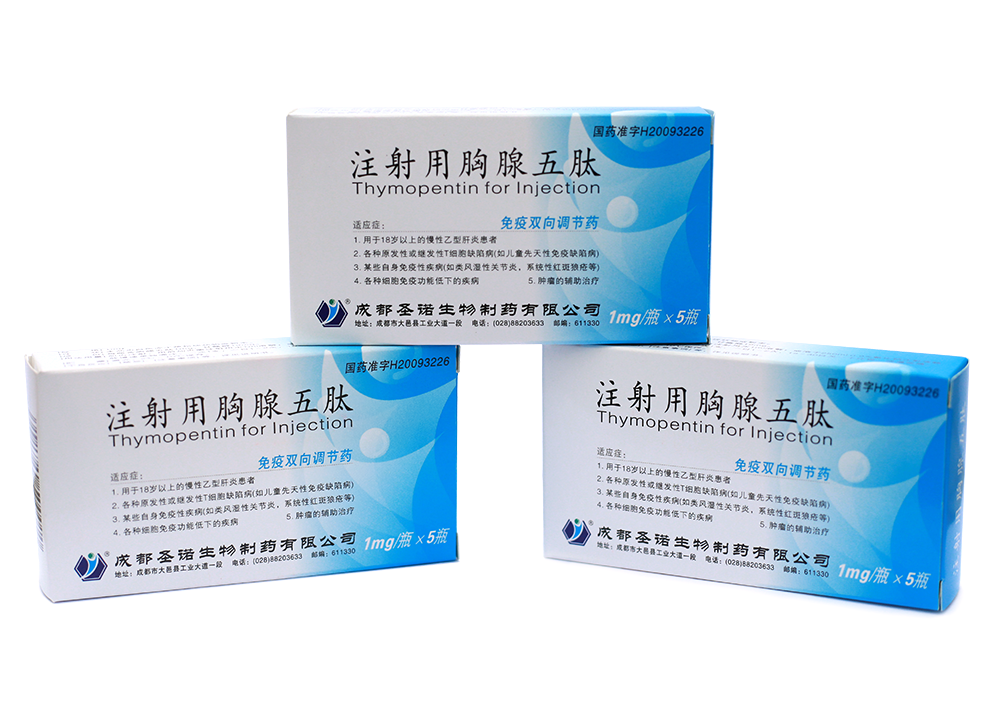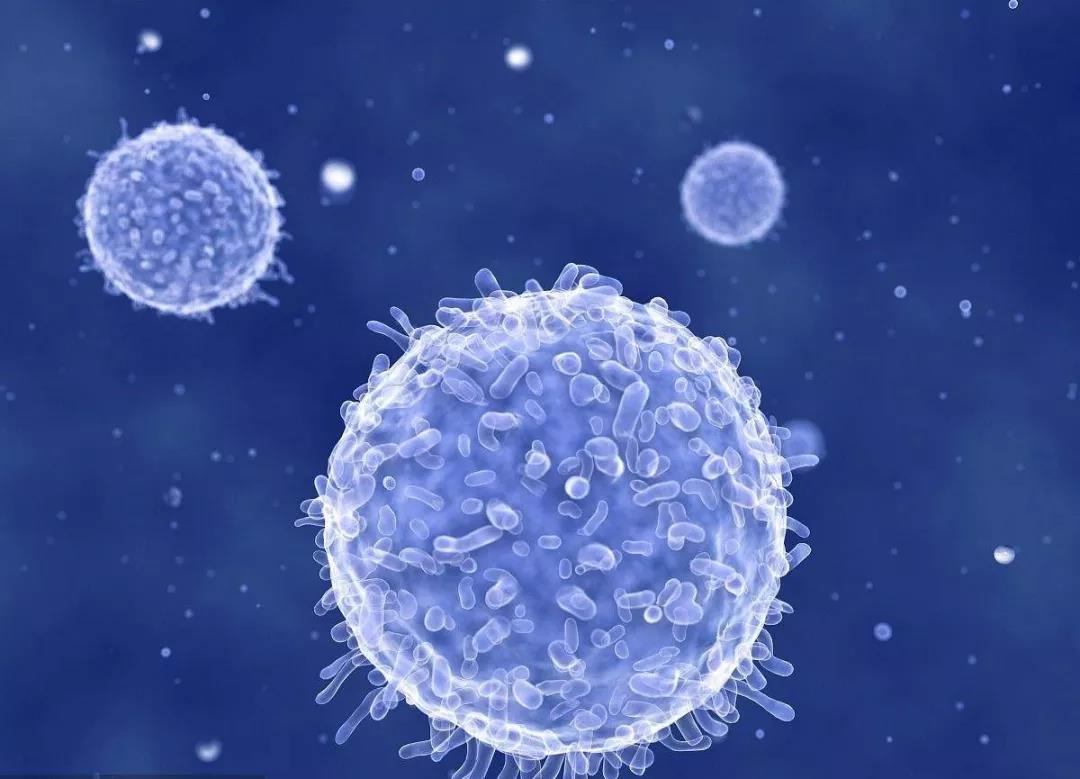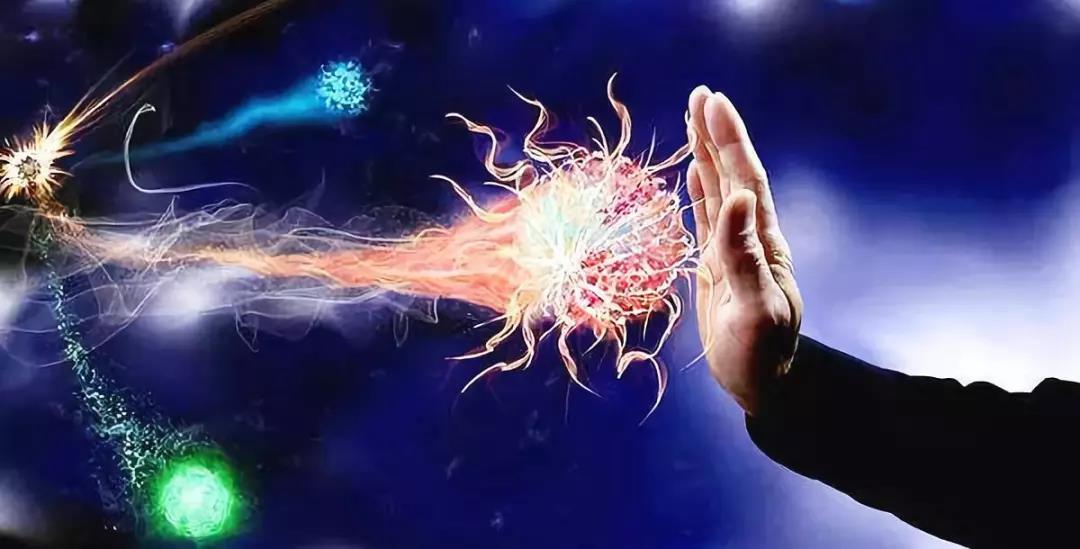Immune diseases have been plaguing the physical and mental health of many people for many years. With the development of healthy China 2030, the mode of medical treatment is gradually changing from "disease-centered" to "patient-centered". In the fields of tumor, liver disease and infection, immunotherapy has become another hot topic after traditional radiotherapy and chemotherapy and targeted therapy, and non-specific immunotherapy drugs have also attracted much attention.
Through drugs to treat and supplement, can promote the body to generate a large number of various' soldiers', enhance the phagocytosis of immune cells, make them more capable of killing bacteria, cancer cells, etc., to protect the health of the body.
At present, some immune drugs have been recognized in China. Immunomodulators such as thymus pentapeptide for injection are common clinical drugs.

Thymopentin by arginine, lysine, aspartic acid, valine, tyrosine five kinds of amino acid composition, is the effective part of the thymus hormone Ⅱ. Thymus hormone Ⅱ separated from thymus hormone of a single polypeptide compound, composed of 49 of amino acids, which made up of five amino acid peptide fragments, all is the same as the thymus hormone Ⅱ physiological function, so called the five segments of peptide thymopentin.
Sinus injection with thymopentin by chengdu biological pharmaceutical production, injection with thymopentin has two-way adjustment function, to the body's immune function to mitogen activated T lymphocytes in peripheral blood of mature, increase T cells in various antigen or mitogen activated all sorts of lymphatic factor (such as alpha and gamma interferon, interleukin 2 and interleukin 3) secretion, increase the level of T cells in lymphoid factor receptor.
At the same time, thymopentapeptide injection enhances the lymphocyte response by activating T4 helper cells. In addition, thymus pentapeptide for injection may affect chemotaxis of NK precursor cells, which become more cytotoxic after exposure to interferon.

Thymus pentapeptide for injection is suitable for chronic hepatitis b, as well as various primary or secondary T cell defects (such as congenital immunodeficiency in children). For some autoimmune diseases (such as rheumatoid arthritis, systemic lupus erythematosus, children's bronchial asthma and asthmatic bronchitis, etc.) and various diseases with low cellular immune function (such as viral hepatitis, prevention of upper respiratory tract infection, intractable oral ulcer, etc.), it has an effect. It has an auxiliary therapeutic effect on tumors.
And thymus pentapeptide has a significant characteristic, although its half-life is short, only about 1 minute in the body, but it can continue to cause immune regulation for a long time. Studies have shown that thymus pentapeptide can be rapidly degraded by protease and aminopeptidase in human plasma, with a half-life of about 30 seconds. However, it can be retained in abdominal cavity for 3.5 ~ 7 minutes longer than in plasma, and 25% of it can be retained in saliva for 10 minutes without degradation.
Thymus pentapeptide produces special biological effect in vivo, so that the body does not need to maintain a high plasma concentration of thymus pentapeptide, can play the role of immune regulation. Thymus pentapeptide is an effective adjuvant therapy for chronic and chronic diseases.


